Chinese refiner stops buying US crude, starts buying Iran’s
China’s largest independent oil refinery has stopped buying crude from the United States, switching to Iranian oil purchases, amid a trade war with the US and despite American attempts to dissuade other countries from purchasing crude from Iran.
The Chinese ShanDong Dongming Petrochemical Group announced the development on its official website on Monday but gave no further details.
That policy shift comes amid a trade dispute between China and the US, which has targeted imports of Chinese products with heavy duties. While Chinese crude has not been subjected to US tariffs yet, it appears on a list of products to be targeted with tariffs at an unspecified later date.
China has promised to reciprocate the harsh US measures. And US restrictions on Chinese crude are almost certain to prompt Chinese tariffs on American oil.
The decision by ShanDong Dongming to switch to Iranian crude was apparently taken preemptively, in anticipation of matching Chinese government tariffs.
Earlier, officials at ShanDong Dongming had expressed concern that their imports of American crude might be affected by retaliatory Chinese government duties.
“We expect the Chinese government to impose tariffs on (US) crude,” an executive at the company said anonymously back on July 6. “We will switch to either Middle East or West African supplies.”
A policy of ‘zero’ in limbo
The shift also comes despite a hard-line policy by the administration of US President Donald Trump to supposedly bring Iran’s oil sales down to “zero” by November 4, including by imposing sanctions on countries that buy Iranian crude past that date.
On May 8, Trump unilaterally withdrew the US from a multilateral deal with Iran. Under that deal, restrictions on mainly Iranian oil sales were removed in return for the application of certain limits to the Iranian nuclear program.
The US pullout entailed the re-imposition of sanctions on Iran, including on its crude sales.
Tehran has said that if it cannot sell its oil, no other regional country will be able to sell its, a reaction that has been taken to mean that Iran may block its waters in the Strait of Hormuz, through which many international oil cargoes pass.

Furthermore, the other participants to the Iran deal, namely the UK, France, Germany, Russia, and China, have remained committed to the Iran deal, and are presently working to sustain both the deal and trade with Iran, including oil purchases.
China is the world’s top crude oil buyer and Iran’s biggest client. It is America’s second-biggest crude buyer.
Other purchasers of Iranian crude — including India — have also said they would not comply with unilateral US restrictions.
More recently, the US has said it is open to considering waivers for certain buyers of Iranian oil.
VIDEO | Press TV's news headlines
Senior Russian general shot and wounded in Moscow: Officials
UK ordered in 'milestone' court ruling to pay $570 million for colonial-era massacre
VIDEO | Defying the rubble, Gaza opens its first face-to-face school since start of war
‘Ready for next round’: Million-man rally in Yemen backs Gaza, resistance
FM Araghchi departs Muscat for Doha following nuclear talks with US
Israeli keeps killing more Palestinian civilians in Gaza amid relentless ceasefire violations
Aliyev: Azerbaijani territory will not be used for threats against Iran



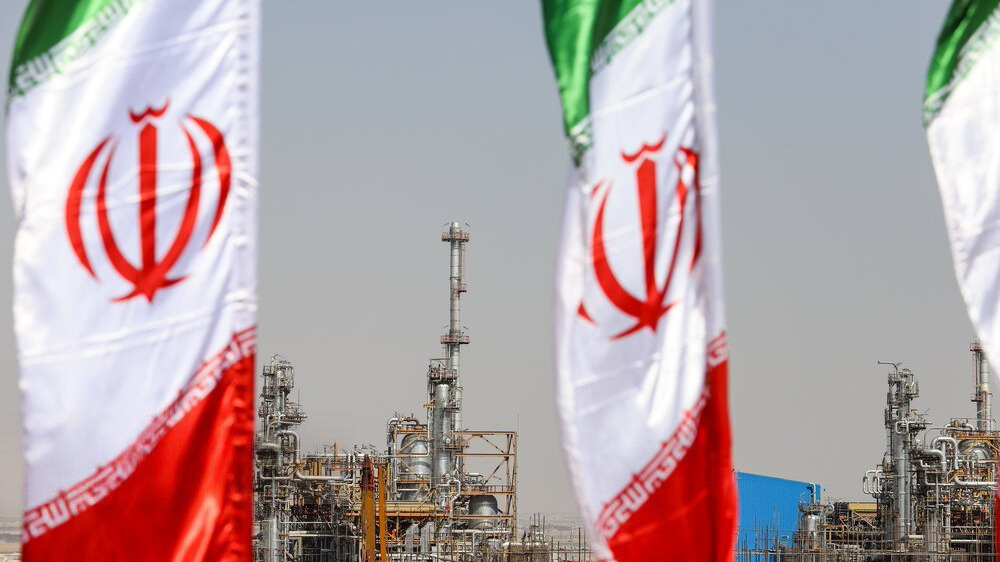
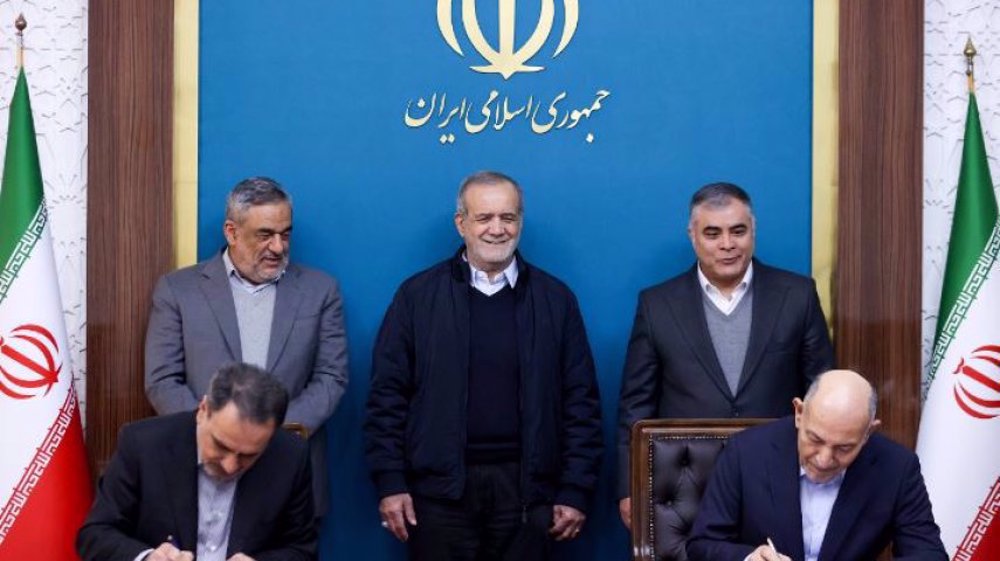





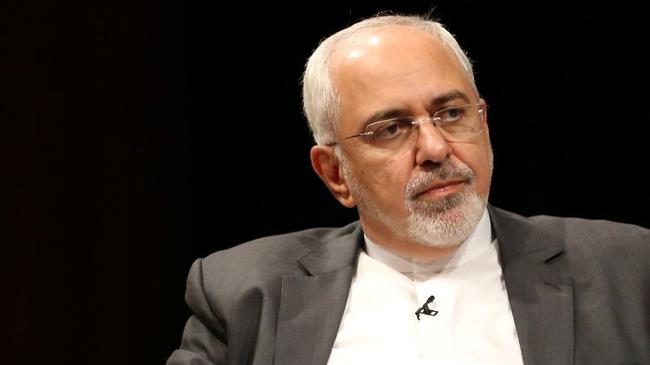
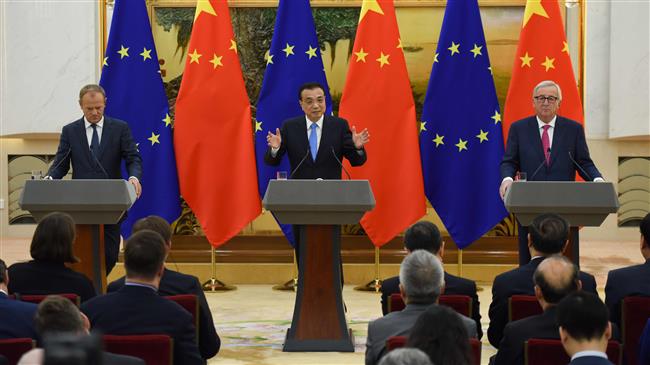
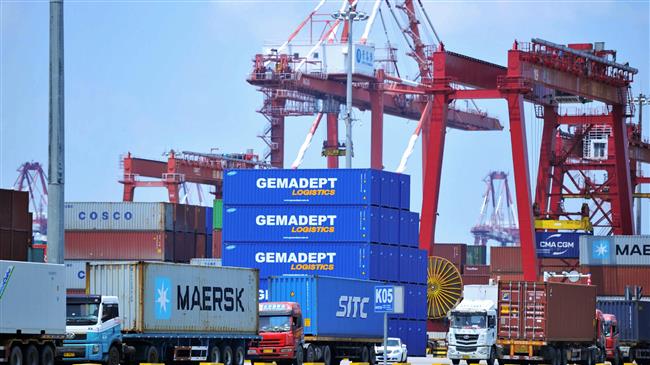
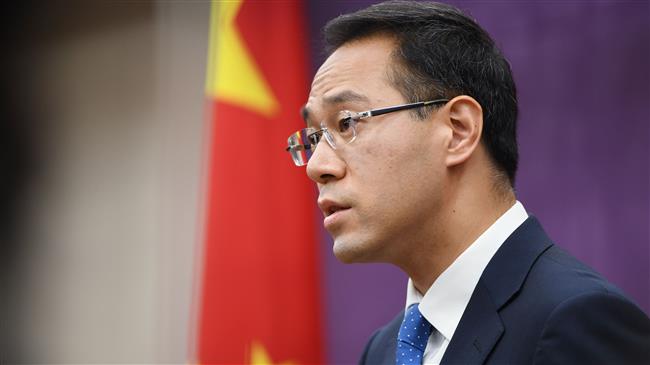
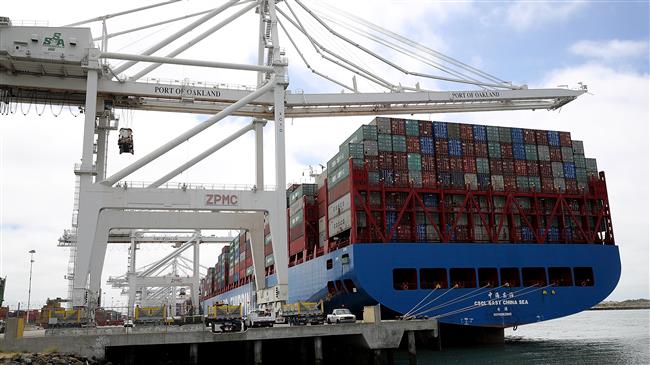

 This makes it easy to access the Press TV website
This makes it easy to access the Press TV website